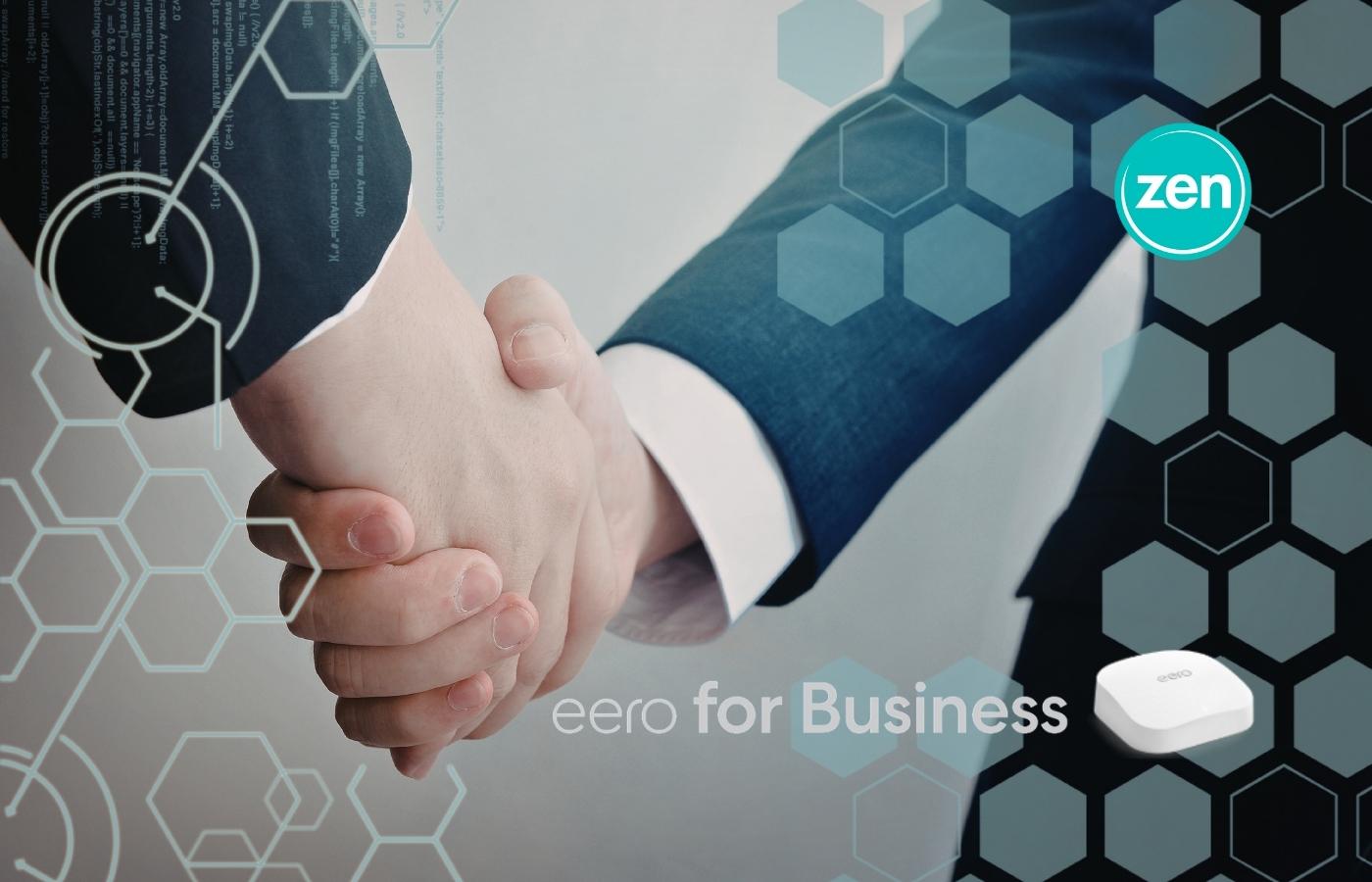October is cybersecurity awareness month, so what better time for our annual security tips check-in.
Here are eight easy tips to help you stay secure online and give you peace of mind.
1. Use strong, unique passwords
We hope you’re using 2FA and passkeys where possible, but even if you are, the trusty password is going nowhere.
This first line of defence remains as important as ever, so here are a couple of rules to follow to make sure your passwords are safe and secure.
First, forget ‘easy to remember’ passwords. That means Password1, Monkey, 123456, you get the picture, are all out. Hard to crack passwords are long, and they use capitals, numbers and special characters.
But here’s a key tip. Fr6t!u@lfpjHR93 is pretty hard to remember. But what about this one? Il1co@W,B!pbfM2F. That’s a hard one too. But what if we told you it was based on this memorable phrase: I like ice cream on a weekend, but I prefer biscuits from Monday to Friday.
We’ve just made that up on the spot. And we’re not telling you to use that password, but hopefully you get the picture.
And while we’re at it, we should recommend that you use a password manager to create and store your passwords. That way, you’ll only have to remember a single password – the password you need to get into your password manager. The password manager itself can create and remember all your other passwords.
Which should all be unique.
Because if all your accounts share the same password, you don’t want to think about what might happen if that password is leaked a single time.
2. Turn on two-factor authentication (2FA)
When 2FA is enabled, even if someone does get hold of your password, they can’t get in without a second code (or your approval on one of your already-logged-in devices).
It should be mandatory really, but lots of sites and services still don’t offer 2FA. Still, where it is available our advice is simple… use it.
We mentioned passkeys earlier. This password-less sign in method is starting to catch on in popularity and is a great alternative way to keep your accounts secure.
One day, passwords will be a thing of the past, but we’re not quite there yet. In the meantime, we really encourage you to be vigilant about your passwords and to take them seriously.
3. Keep software and devices up to date
Lots of security breaches happen on out-of-date devices and operating systems. Which makes sense when you think about it.
Cybersecurity is a game of cat and mouse between developers and hackers. When hackers find a weakness in a system, often that weakness is then removed in a subsequent update. That’s why it’s important to keep the software on your devices up to date.
Most connected devices, like phones, tablets and PCs allow for automatic updates. By enabling this feature, you won’t even have to think about it.
4. Be alert to phishing emails and texts
You already know about phishing. Scammers often pretend to be banks, delivery firms, software providers, or even friends. And usually their pranks are easy to spot and avoid.
But they’re becoming increasingly sophisticated, fooling even the most well-informed experts.
So here’s some quick practical tips. Check the sender’s address, don’t click links you don’t trust, when in doubt go directly to the official website. And NEVER hand over your password (your bank, for example, will never ask you for it).
5. Secure your home WiFi
Unless you’ve done something you shouldn’t have, your home internet router should already be protected by a strong password and encryption.
But lots of users like to change their default router passwords, replacing them with another strong password themselves.
If you’re really going all-in on home network security, it’s probably a good idea to change your SSID too. The SSID (Service Set Identifier) is your network’s ‘name’. It’s the name you see on your device when it tells you what network it’s connected to. And in many cases, it can also give away the make and model of the router you’re using. When hackers know which router you’re using, their attempts to break into your network can become more focused.
Now all of this might seem unlikely, but even so, it’s a quick fix to change the SSID in your router settings to something more personal. Just remember that you’ll need to reconnect all your wireless devices when you’ve done this.
6. Back up your important files
If you’re a victim of malware or ransomware, you might find that your important files are lost. That’s why we’d recommend using an external cloud service or hard drive to back up your important data so that it isn’t lost to malware, theft, or even accidents.
This easy step can give you peace of mind in knowing that your precious files won’t be lost if your device is ever compromised.
7. Check your privacy settings
Social media is great for sharing your thoughts, photos, location and lots more. But have you ever considered that more than just your friends and family can see this data?
Whatever your preferred social media accounts happen to be, we’d advise a couple of things.
First of all, consider what you’re posting. Are you happy for the whole world to see everything you put online? If not, maybe you shouldn’t be putting it up at all. Because the reality is that once you post something, you’ve effectively put its security into the hands of somebody else.
But beyond that, think about who you follow online, who you allow to follow you, and how much information you share with only your friends and how much the entire world can see. Whether it’s Facebook, X, Instagram or another service, their websites can guide you through getting your privacy settings just right.
8. Watch out on public WiFi
WiFi hotspots in cafes, hotels, shops and airports can be incredibly convenient. Especially if your mobile data is running a bit low, or you’re in a location where you can’t get mobile data at all.
But think…
These networks often have minimal security (if any at all), and they are hotspots for hackers and thieves trying to intercept your online communications.
Because of this, we’d caution against using public networks to do online shopping or banking. In fact, anything that involves financial transactions could potentially put you at great risk.
For this reason, many people choose to use a VPN when connected to public WiFi. VPNs encrypt your online activity, making it much more difficult for hackers to intercept your sensitive transactions.
Stay safe online
You don’t need to be a tech expert to improve your online security. With these eight simple tips, you’ll be taking big steps towards a safer digital life.

Zen Internet - Home SalesSales
01706 902573
Zen Internet - Customer EnquiriesCustomer Enquiries
01706 902001


